Graham Reid | | 6 min read
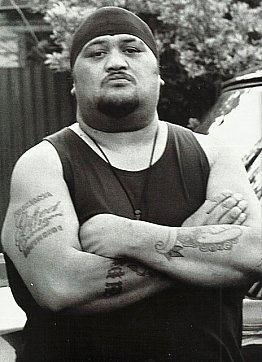
Phillip Fuemana, tour manager for the big Proud show which arrives at the Powerstation for an all-ages event tonight, speaks of the learning curve some of the acts have negotiated as the month-long tour has wound its way around the country.
Not only have the performers learned how to live with each other and the etiquette of motel living (“for some of these guys it’s their first time in a motel, remember”) but the music and the performances have changed.
“Songs like ‘Just another coconut’ and ‘This is not America’ were written during the tour; they just grew out of what the guys saw. We’d have these wanna be gangsta guys turning up at shows and the clothes they wore just looked stupid. The guys on the stage looked out and saw themselves in a way, so now they wear lavalavas and have the Samoan flag up there and sing the Samoan anthem.
The performers were all dressed like Americans when we first went out and I don't diss that because we're all affected by American music and culture … but the trick is to get something of ourselves into the music. It might take a couple of Proud albums to do it, but it'll happen.
“We are aware that at the moment we are Polynesians using Polynesian culture and it's just a token right now. We can sometimes be accused of using our culture as a fashion and we make no apologies for how we sound now because that's where we're at.
“But as time goes on we'll all write better and by Proud III it'll be something very different.”
Already the Proud tour is different however. Putting 43 young performers on the road is a first for Tim Mahon, special events coordinator for Manukau City Council and one of the prime movers behind the proud tour.
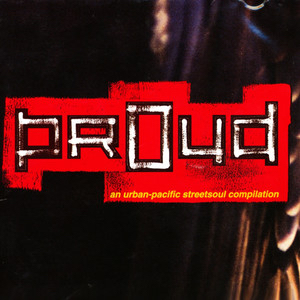 Initially the proud concert was based on the recently released album of the same name (subtitled ‘An urban Pacific streetsoul compilation’), which pulls together 10 acts, some of whom hadn't been heard before, even by those closely involved with the South Auckland music scene which has as its hub the Otara music centre run by Sione Pasene.
Initially the proud concert was based on the recently released album of the same name (subtitled ‘An urban Pacific streetsoul compilation’), which pulls together 10 acts, some of whom hadn't been heard before, even by those closely involved with the South Auckland music scene which has as its hub the Otara music centre run by Sione Pasene.
“ We’d talked about a tour for some time” says Mahon who had previously worked at the centre, “but the name Proud came from Volition Records in Australia who wanted to do an album with Alan Jansson [a record producer who is the local representative of Volition’s Second Nature subsidiary].
“We took the idea to Enterprise Otara, which is a committee made up of the business community, police, the polytech, all the major Polynesian communities and others. They are working to improve the image of Otara and they were excited by the concept and they said ‘yeah’.
“But the compilation album always came first because the important thing was to get the music out there internationally.
“The tour was a way to promote the album and sort out the commitment from some of the young people, due paying if you like. It was also important to have something that people could see and touch and feel. It's okay to get a tape or CD out but you need some substance.
“And we worked out of Otara because it's the capital of Polynesia and the networks go out into Mangere, Papatoetoe and other places. It was amazing when it started happening - all these great acts appeared. We’d never seen Radio Backstab and DJ Payback or the Otara Millionaires Club before”, he says, referring to two acts on the compilation and tour.
Mahon says it was also important to make a big splash rather than lots of little ones, so although the tour is ambitious (“bigger than Ben Hur!” says Jansson), once the sponsors swung in behind, it looked possible.
The tour was marked by tragedy in its early days, however, when a member of the Pacifican Descendants, Enaisi Tokelau, died in Nelson.
“The feeling on the tour was so positive that even in the death we found something special,” says Fuemana, a performer as well as tour manager. “We all learned something about our own mortality in that our time was precious. But it really kicked the stuffing out of us.
“We started off with 43 people but after the accident we cut back because it was financially difficult and too crowded mentally. People weren't getting their own space. Now we have 24 on the road, but others will join us for the Powerstation show.”
One of those acts joining will be the duo of Brenda and Hasana who perform as Sisters Underground, an act that has already had some interest from American soul label Motown.
They met at Hillary College 5 years ago and as part of the group RBG Crew - which won the first performing arts festival Mahon organised in 1989 - started out dancing before gradually moving into singing and performing.
“We started it out by practicing for a talent quest, “ says New Zealand-born Samoan Brenda, “then we just carried on. The first song we did was Killing Me Softly, the A B Sure version, and some of the other girls in the group weren’t as serious as we were so they left. When we met each other, though, we knew we could make it happen.”
The RBG name - red, black, green, “that whole thing,” says African American Hasana, who has lived here for five years - has gangsta connotations so was dropped in favour of the name suggested by a friend’s brother.
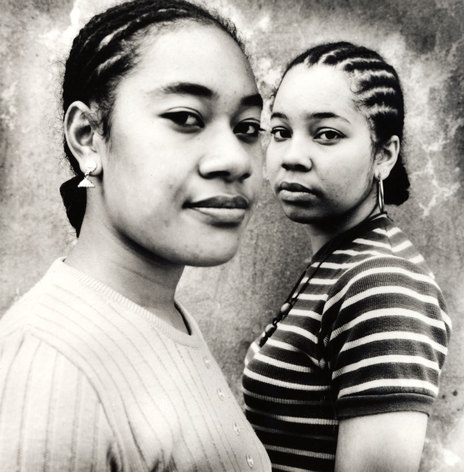 Three months ago the pair went to Hawaii to stay with Hasana's family and started performing. After a cameo performance at the Pearl Harbour military base as part of a large show, they were approached by the entertainment organiser, whose brother had connections with Motown.
Three months ago the pair went to Hawaii to stay with Hasana's family and started performing. After a cameo performance at the Pearl Harbour military base as part of a large show, they were approached by the entertainment organiser, whose brother had connections with Motown.
The label was apparently looking for a female duo, they sent off some demo tapes and by way of reply were sent back to tracks to work on. Through Hawaiian connections they have also made contact with other record companies and will be back there at the end of next month to perform in a showcase with 9 other acts before executives from a number of major record companies.
“We don’t try and do a Pacific sound deliberately,” says Brenda. “If it happens, that’s okay. But we’re not going to work towards it. We’ll just go with the flow.
“Our song In the neighbourhood on the album is really good, but it’s not actually the kind of music we’re into. We like hardcore but are also into the singing soul thing.
“Singing is what we’d like to be known for … but with hard beats which is different from the poppy girl rap groups that are out. We don’t like that much,.”
Hasana notes that a Polynesian sound is unlikely to come from Sisters Underground, given her interest in American soul, and being an Arfrican American means she brings something of her own background anyway.
They both enjoy singing acapella (“because we can completely control it”) but see the Proud tour, which they'll join for its final dates around the North Island, as “a good opportunity to practice our skills on stage.”
“To get all these young artists out is a dream come true,” says Fuemana, “and we had more acts than we could handle who were good enough to tour. We can definitely see this as an annual thing and everybody feels so special now and fired up … and that's a great thing to see in guys you were previously borderline gangstas.
“Already kids are phoning us for the next one and it's great they can see they have an outlet.”
And the outlet goes beyond an album and a tour. Mahon says Enterprise Otara has established its own record company and all the artists - other than the Semis, Slam and Jam and the Sisters who have other contracts - are signed to the Enterprise Otara/Second Nature/Volition label association … with an eye to international focus.
“It’s exciting for all of us,” sys Jansson. “Every suburb has got its own sound and all are just a little bit different. The whole thing makes Auckland look huge to the rest of the world. And to have this album out through Volition as part of their trilogy of albums which began with High last year is genuinely exciting.”
“These young people have just blossomed on the tour,” says Fuemana. “They've learned to work together in a family way and are putting something valuable out there.
“We just need to get more videos on television to show the talent and colour out there. At the moment it’s a bit unbalanced, particularly when everyone knows the brown boys and girls have these great voices ... but our music scene currently doesn't reflect that.
“ Some of it is our own fault: we don't pull our finger out and do it; some of us spend too much time in nightclubs singing the usual old stuff. Proud has proven there’s another way. And at worst, if there was nothing else to come off this, at least the guys got to see the different cultures of New Zealand and how beautiful this country is.”

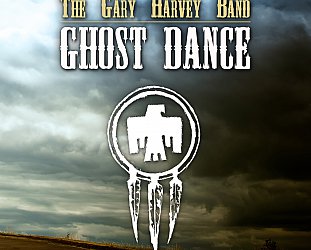
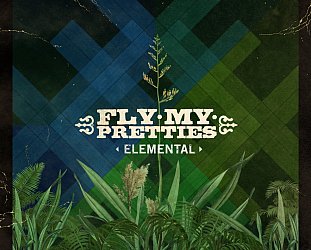
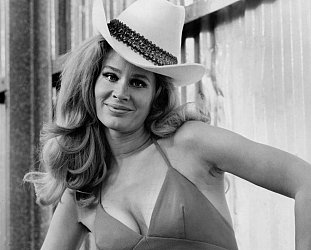


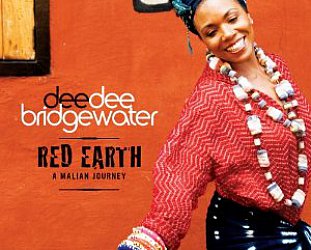
post a comment